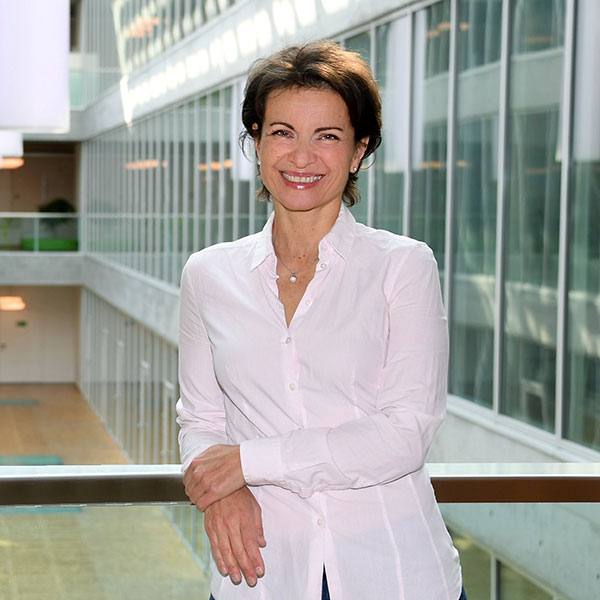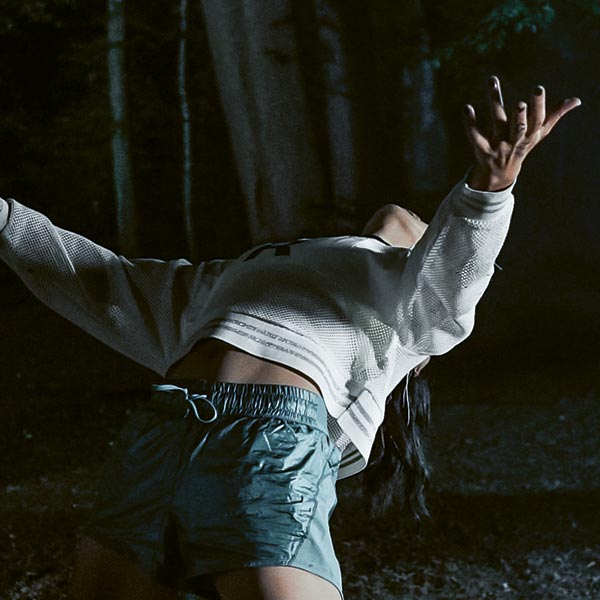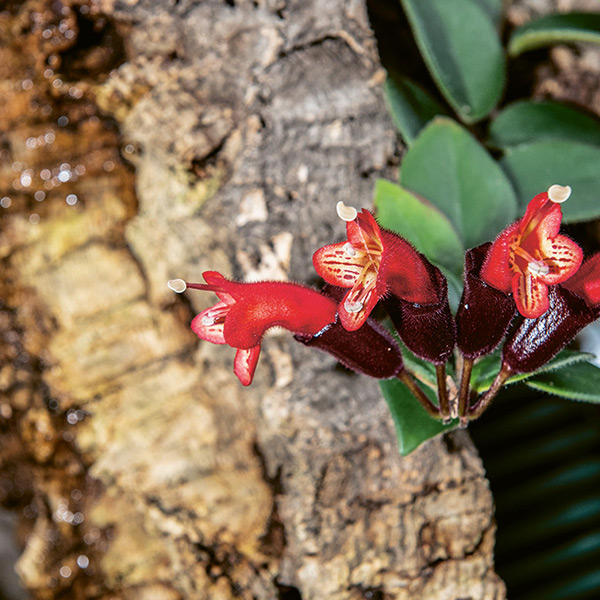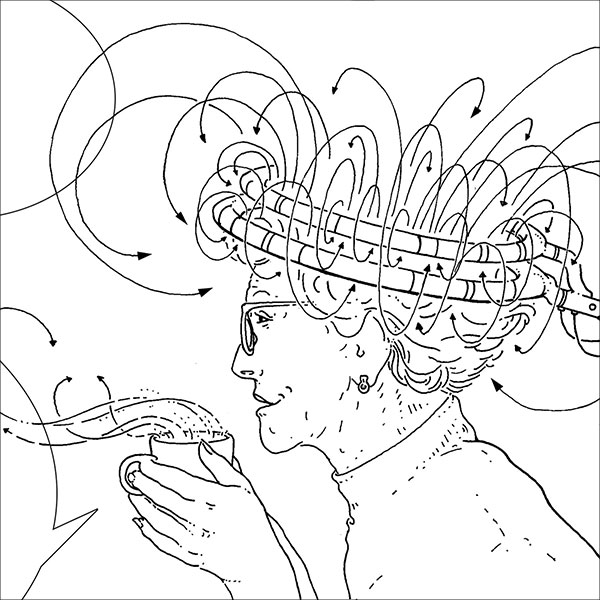WORKING IN THE ACADEMY
Enabling high-quality research
They never appear in the author lists of research publications. Nor do they win any Nobel Prizes. But research wouldn’t be possible without them. Five people from the backroom tell us about their own contribution to scientific progress.
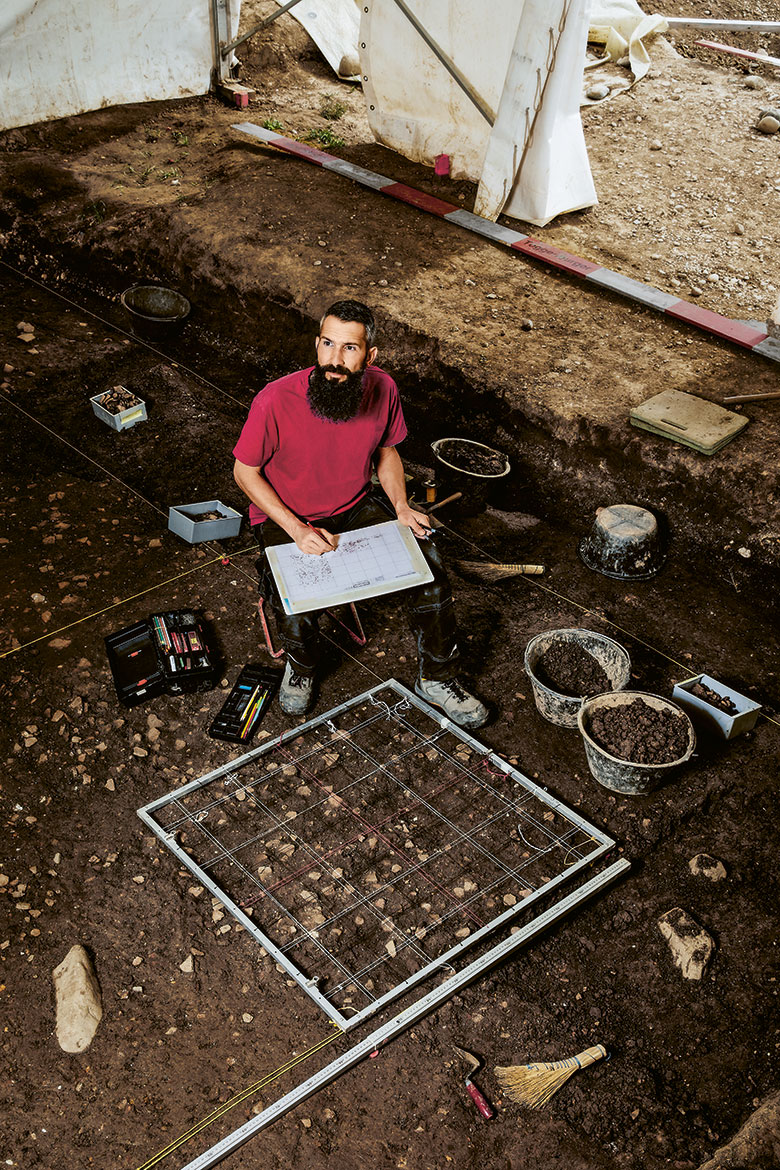
Raphael Annaheim (38), excavator and illustrator for the cantonal archaeological department in Zurich | Photo: Lea Meienberg
“Today, the historical connections fascinate me far more”
“I must have drawn the oven in the convent at least 14 times, starting from fresh each time after we’d dug out another few centimetres of earth. I sit with my drawing board, pencil and lined paper and transfer what I see, layer for layer, onto a standardised plan. I mark different materials such as charcoal, sandstone, clay or limestone with a different colour each time. But first we photograph everything. This documentation serves as the basis for the scholarly analyses carried out by the archaeologists.
“We’re a team at the excavation site. If I come across something unusual, then I call the archaeologist over and we discuss together what we have in front of us. The oven was in a convent at Winterthur-Töss that we excavated last summer. It was revealed when the Rieter company tore down its factory building on the same site. The convent lasted for some 300 years, from 1233 to 1524. It had its heyday in the 14th century and was an important centre for mysticism.
“Before I started working as an excavator, I wasn’t really so interested in history. I studied graphic design, and only came to the cantonal archaeological department during my mandatory community service. We’re out at the dig in all weathers, and I enjoyed working outside so much that I stayed here afterwards. Meanwhile, I’ve become really fascinated by the historical connections. But I don’t often read the scholarly studies once they’ve been completed.
“It’s curiosity that drives us on to dig ever deeper. Even though we proceed very slowly, repeating each step in the process many times – like when I drew the oven – there’s always this thrill that you might come across something extraordinary. When we’re digging and documenting everything, I’m very much focussed on my work in the moment, and I don’t much think about how everything might have looked when it was still in use. Some of my colleagues do that. What I like best is when we come across old tools. Often I am amazed at how skilled people were back then, when it came to producing finely wrought objects”. ab
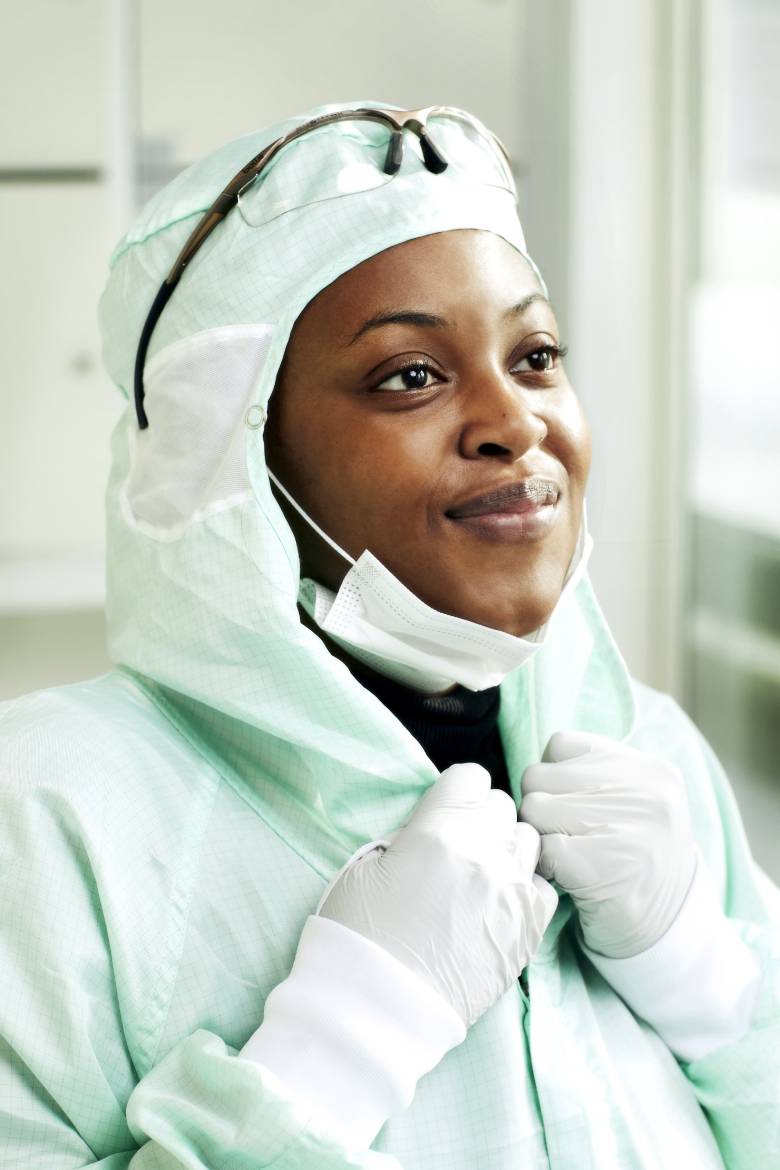
Akua Ducraux (23), cleanroom cleaner at EPFL | Photo: Lea Meienberg
“I am very careful not to cause any vibrations or noise”.
“We wear full-body suits, complete with slippers, boots, gloves, safety goggles, hats and hoods over our heads. You can only see your eyes! The caretaker trained me on prevention and safety. We have ID badges to access the rooms, which also means we can be located in case of fire. Every evening, I empty the bins, disinfect the tables, chairs and worktops, and mop the floor with disinfectants. For the windows, we use only water with no cleaning product so as not to leave any traces. They must be very clean; as soon as we see a glove print, we clean it. When accidents happen – it might be spilled acid or broken glassware – we inform the caretaker who knows which products are suitable for removing the item in question. This kind of situation can be dangerous if you don’t know how to manipulate what you have in your hands.
“From the first day, I found it interesting to see people performing experiments. I don’t know enough scientific vocabulary in English to discuss their research with them. I just know that the operations can be dangerous. Everyone is very focussed on their microscope; some people even listen to concentration music. I try to be very discreet, especially knowing they are behind schedule. COVID-19 means they have not had access to these rooms for three months. I’m very careful not to cause any vibrations or noise, and always take things to lost property so that they don’t lose their data. We have friendly and respectful contacts with the regulars”. ra
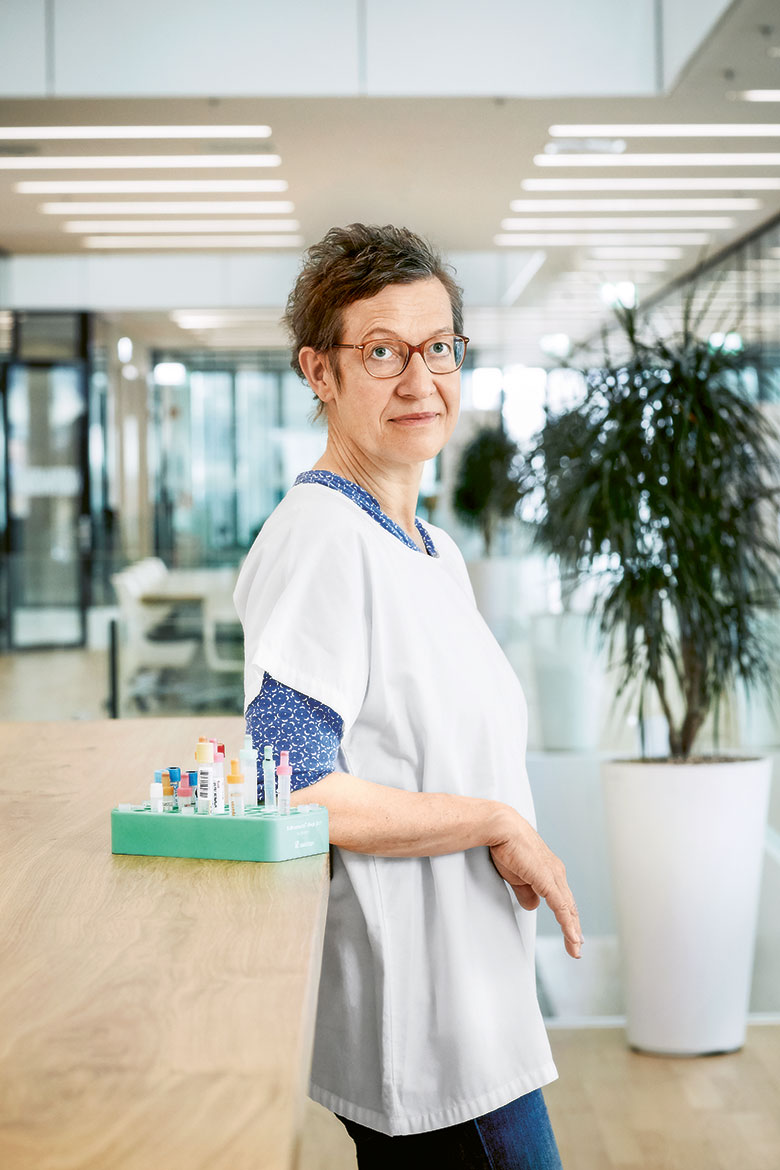
Renata Bünter (58), study nurse at SITEM at the Insel Hospital in Bern | Photo: Lea Meienberg
“I also see myself as an advocate for the test subjects”
“I’ve been working as study coordinator in a small team for ten years. Our group is where everything comes together when scientific studies are being organised. I coordinate the running of these studies in collaboration with the doctors and the sponsoring companies. I like the fact that I can do very varied work and am very independent. I also like being able to bring my own ideas into the mix.
“I am a qualified nurse, but my current activities are very different from my earlier work in the hospital. Instead of engaging in classical nursing, for example, I now take blood samples, record ECGs, and send specimens to the lab.
“Overall, I have less contact with patients, but my interactions with the test subjects often take place over a longer time period. That means you develop a personal connection, and they start to tell you things that aren’t directly related to the study.
“Either the test subjects come to us, or I go and see them on the ward. I have an open, transparent working relationship with the doctors. Quite a few of them appreciate the fact that we know how to negotiate all the papers that have to be completed.
“I’m very interested in the bigger connections that the studies involve, especially in how the patients benefit from them. I also see myself a little as an advocate for the test subjects. I’m very concerned about their welfare. Most of our work involves carrying out efficacy studies (phases 2 and 3). We aren’t involved in Phase 1 studies in which drugs are tested on people for the first time. That’s why the risks involved here are much smaller, thankfully”. ab
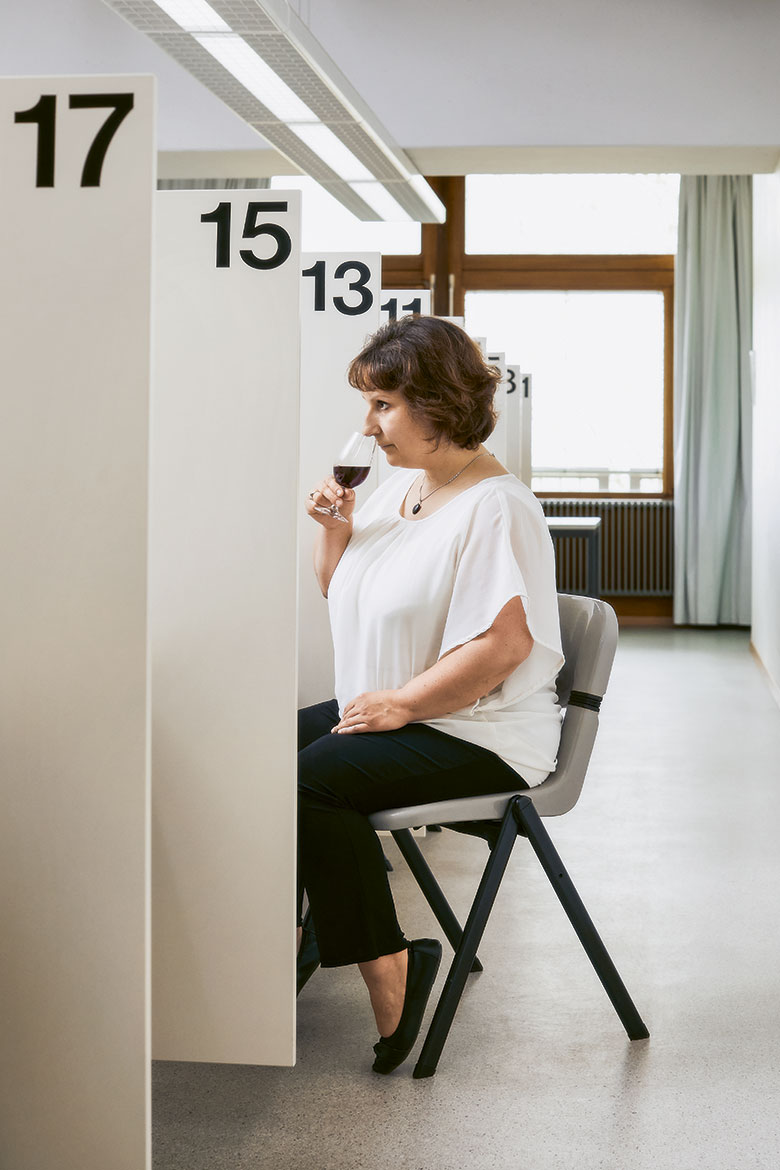
Sylvie Moret (38), a panellist at the Agroscope Changins Research Station for Viticulture and Oenology in Nyon (VD). | Photo: Lea Meienberg
“Humans are still more accurate than machines in terms of perception”.
“Our group of about 40 panellists is very important for Changins, because human perception is still more accurate than that of machines. We meet once a week. In a two-hour session, we taste up to 15 different wines or other products, such as salads or carrots.
“We never know what we are working on. The subjects vary, but they are mainly in the agricultural and oenological fields. Each session is different: sometimes we are isolated in booths, at other times we are together in a large room. This allows us to discuss our perceptions or to follow the training courses that are regularly provided to us.
“It’s amazing how we are led to perform certain exercises and to progress. I’ve been in the panel for ten years and when I go back to the beginners’ exercises I find them too easy! My biggest difficulty is discerning the scents of peony and of rose. During the holidays, I practice by smelling my spice jars.
“We are all volunteers. We get involved because it’s nice to feel useful, to participate in research. I tell myself that there are men and women who can be helped. The students having had recourse to the panel come back to tell us what they were working on. In the case of the researchers, it’s different: the studies we take part in are published in scientific journals, but they are mostly in English, so unfortunately I can’t read them”. ag
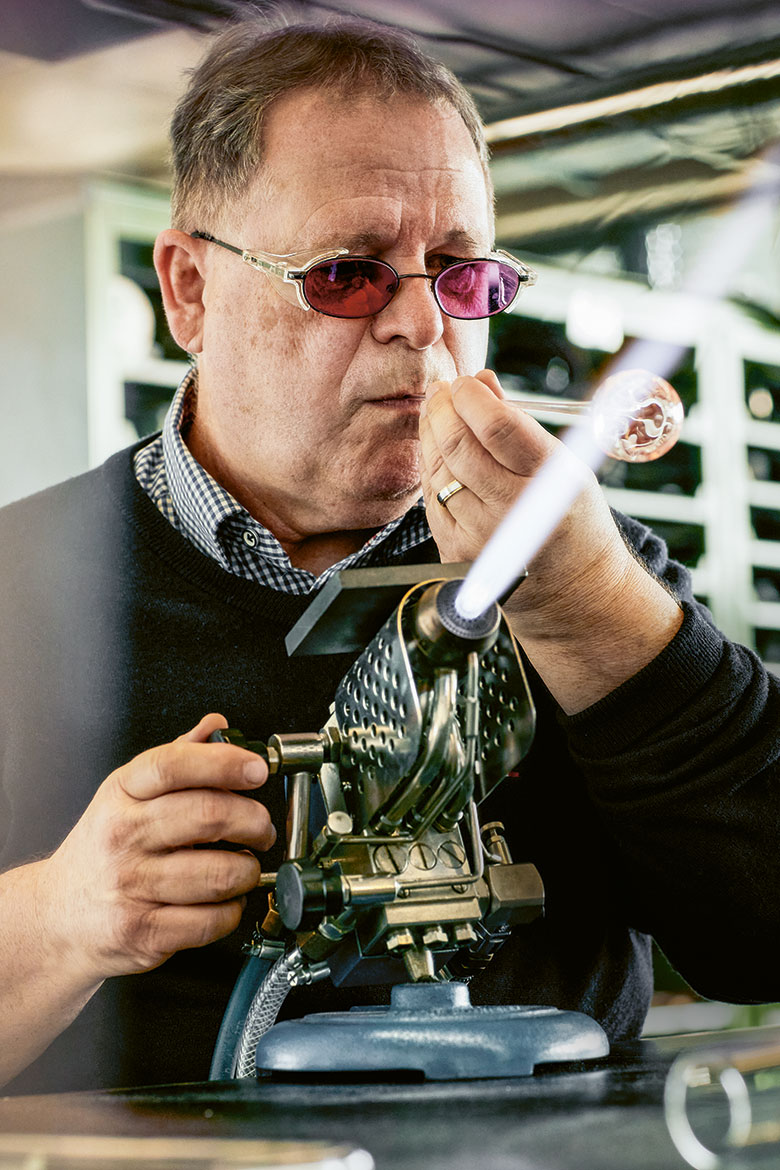
Jürgen Quack (66) of Urdorf (ZH) makes glass apparatus for chemical experiments. | Photo: Lea Meienberg
“We built two of them, and one worked”
“Actually, I’m retired. But I tried that for three months and soon realised it’s not for me. At least not yet. I worked for over 50 years, making scientific glass apparatus. Experience is worth a lot in our profession. We work with all manner of materials, from low melting glass to quartz glass, and we often have to make complicated, unique products. Our services are required in all kinds of disciplines. I’ve had researchers in my workshop from the fields of electrical engineering, chemistry, biology, physics and medicine.
“Usually, they would put a drawing before me and ask how quickly I could deliver it. If they asked nicely – which most of them did – then I would often put in overtime for them. If they were condescending towards me, they might have had to wait a little bit longer. But that happened rarely.
“I have always been attracted to the difficult jobs. During the time I worked at the Max Planck Institute, a researcher once came to me and wanted a platinum wire in an electrode with a vacuum seal. In physical terms, it’s actually impossible. But we managed it somehow. We built two of them, and one of them worked.
“I have always been interested in the scientific context too. Our craft has become pretty rare, so I also became involved in promoting the next generation. Being retired was too boring for me, and I want to pass on my experience, so I have now set up my own company, ‘Glass Technology Transfer’”. ab

